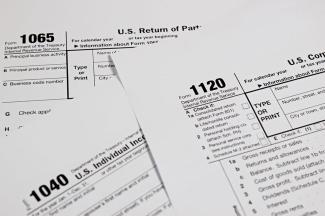Independent evaluations of financial statements and processes are critical for ensuring accuracy, completeness, and compliance with laws and regulations. These evaluations are conducted by independent third parties, such as auditors or certified public accountants, and are designed to provide an objective assessment of the financial information provided by an organization. In this blog, we will explore the process of providing independent evaluations of financial statements and processes.
- Planning the Evaluation:
The first step in the evaluation process is to plan the evaluation. This involves understanding the objectives of the evaluation, identifying the areas of focus, and determining the scope of the evaluation. The evaluation team will also identify the key risks associated with the financial statements and processes, and develop a plan to mitigate those risks.
- Gathering Information:
The next step in the evaluation process is to gather information. This involves collecting and reviewing financial statements, reports, and other relevant information. The evaluation team will also conduct interviews with key personnel to gain a better understanding of the organization's financial processes and controls.
- Analyzing the Information:
Once the information has been gathered, the evaluation team will analyze the information to identify any issues or areas of concern. This involves comparing the financial information to industry standards and best practices, as well as reviewing the organization's internal controls and compliance with laws and regulations.
- Reporting the Findings:
After the analysis is complete, the evaluation team will prepare a report of their findings. This report will outline any issues or areas of concern that were identified, as well as provide recommendations for improvement. The report will also include an opinion on the accuracy, completeness, and compliance of the financial statements and processes.
- Follow-Up:
The final step in the evaluation process is follow-up. This involves monitoring the implementation of the recommendations and ensuring that the organization has taken steps to address any issues or areas of concern. The evaluation team may conduct additional reviews to ensure that the recommendations have been implemented effectively.
In conclusion, the process of providing independent evaluations of financial statements and processes is critical for ensuring accuracy, completeness, and compliance with laws and regulations. This process involves planning the evaluation, gathering information, analyzing the information, reporting the findings, and follow-up. By conducting these evaluations, organizations can identify areas for improvement and take steps to ensure the integrity of their financial reporting.



